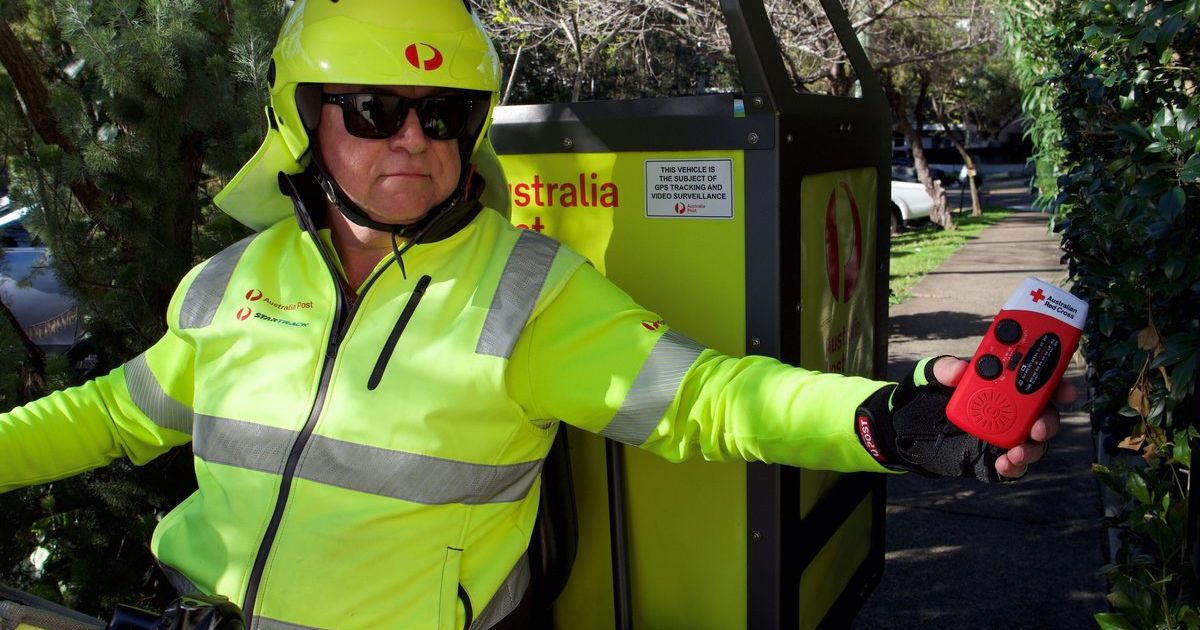From the desk of Roland Rocchiccioli – 6 August

Challenging: Nick Ut’s Pulitzer Prize winning Vietnam War picture, which became known as the Napalm Girl, shocked the world! Photo: NICK UT/ AP
“It’s un-Australian”! Erroneously, one hears it from politicians wanting to condemn a situation, or a happening, which does not accord with their political ideology.
ETYMOLOGICALLY, un-Australian dates back to the 1850s. In modern vernacular its meaning has changed from simply defining principally art or literature as lacking Australian character, to a broader, more derogatory connotation; a distortion spuriously implying a breach of conventional Australian cultural mores, and for political gain.
In this sense, its usage is generally subjectively applied to reinforce the user’s viewpoint. Its use in election campaigning is intentionally disingenuous, and provocative. It is intended to spark divisive confusion; to stir nationalistic public sentiment, and calculated to generate political traction.
Former Prime Minister John Howard is partly responsible for the proliferation and contamination of the word. In the 1980s, he described the proposed Australia Card legislation as un-Australian. Exactly what is un-Australian about an identity card remains a mystery. America has a green card. The Australian driver’s licence has become a quasi-identity card.
A lack of willing to embrace an odious, political philosophy does not make you un-Australian. Throughout his prime ministerial term, Mr Howard repeatedly, and wilfully, used the term to describe striking workers.
Withholding labour is not un-Australian.
In Poland, the Gdańsk Agreement was reached as a direct consequence of the notorious shipyard strikes. At great personal risk, and led by electrician, Lech Wałęsa, workers took control of the workplace and demanded labour reform and greater civil rights – including those of freedom of expression; freedom of speech; freedom of assembly; and freedom of religion, as well as the release of political prisoners. Its success led, eventually, to the creation of Solidarity.
Anti-globalisation protestors are called un-Australian.
For many, globalisation is the rapacious process by which the world is becoming inextricably interconnected as a consequence of massively increased trade and cultural exchange. The fiscal aspects of globalisation are not necessarily in the best interests of Australia, or many of its people.
Egregiously, anti-war protestors were labelled un-Australian.
Only twice in its recorded history has Australia has been invaded. First in 1788, and then 1942-43 when the Japanese bombed Darwin more than 100 times, killing an unknown number of people.
There were many patriotic nationals who believed we should not be involved in the controversial Vietnam War. That is not un-Australian. It is democratic pacifism, and our right to protest against war, which is not the opposite of peace. It is the collapse of civilisation.
What could be deemed un-Australian is successive governments’ hostile treatment of soldiers returning from their Vietnam tour-of-duty; and more recently, Afghanistan.
The Howard Government’s asylum seeker policy was un-Australian. It was callous, obscene, and totally lacking in any human compassion. Those traits are, one would like to believe, very un-Australian.
MP Bob Katter being denied entry to a hotel by a hapless employee following a public health directive was not un-Australian. It was Katter’s hubris. He did not have his required COVID documentation.
For the want of better knowledge, One Nation’s Pauline Hanson uses the term over-and-again. Perhaps we ought ask, “please explain?”
When next you hear a politician use the term un-Australian, you should take time to telephone their electoral office; send an email; write a letter to a newspaper. The term is dangerous and used persistently as a tool to divide the nation – to set one Australian against the other – and to bring the public around to another point-of-view.
It is a duplicitous bastardisation of the language. Be wary!
Roland can be contacted via [email protected].

















